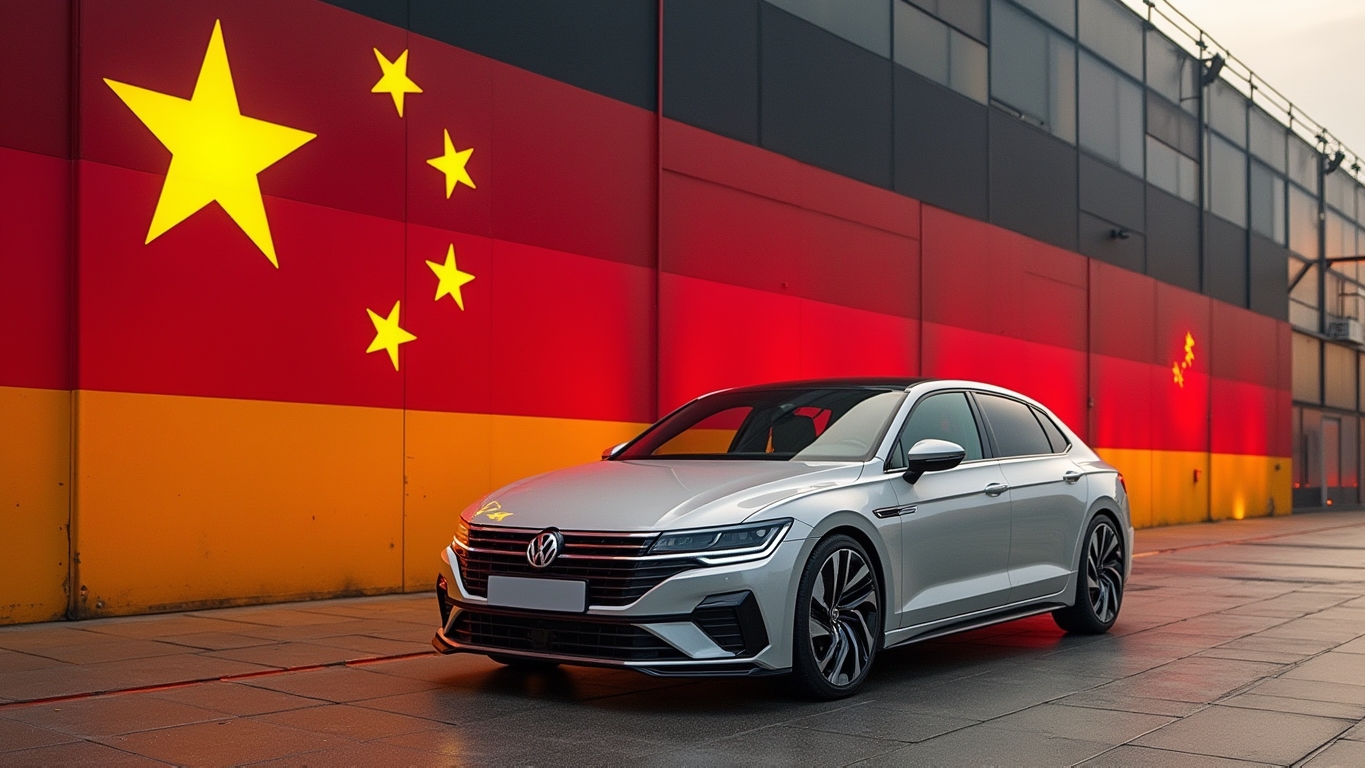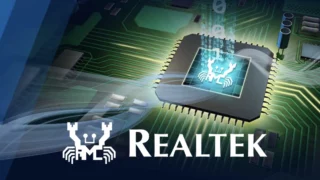The European Union (EU) is planning to impose tariffs of up to 45% on electric vehicles imported from China. But this has sparked a big debate in the automobile industry. In particular, Volkswagen CEO Oliver Blume drew attention by opposing this decision. According to Blume, instead of punitive measures, it might be a better strategy for the EU to incentivize Chinese automakers for investments.
Criticism from Volkswagen CEO: Should the EU Impose Tariffs on Chinese Manufacturers?
Blume’s remarks raise important questions about how Europe will shape the future of the automotive industry. As major manufacturers such as Volkswagen continue their investments in China, the EU’s tariff decision will have a major impact on the sector.

These tariffs, which will increase the cost of vehicles imported from China in particular, could also mean more expensive electric vehicles for European consumers. “Attracting investment and creating jobs by cooperating with Chinese manufacturers could be more beneficial for Europe in the long run,” says Blume.
The EU’s tariff plan was put forward as a countermeasure to China’s subsidies for electric vehicle manufacturers. However, there are warnings that such tariffs could lead to retaliation from China. If China imposes high tariffs on vehicles imported from the EU, the European car industry could be hit hard.
China is one of Europe’s biggest car markets and such trade disputes could have a negative impact on European manufacturers. All in all, Blume’s criticism suggests that the EU’s strategic decisions for the car industry need to be reassessed.
In the future of electric vehicles, cooperation between China and Europe is crucial for mutual trade and investment. Tariffs or more cooperation? The answer to this question is likely to determine the future of both the European and Chinese car market.













